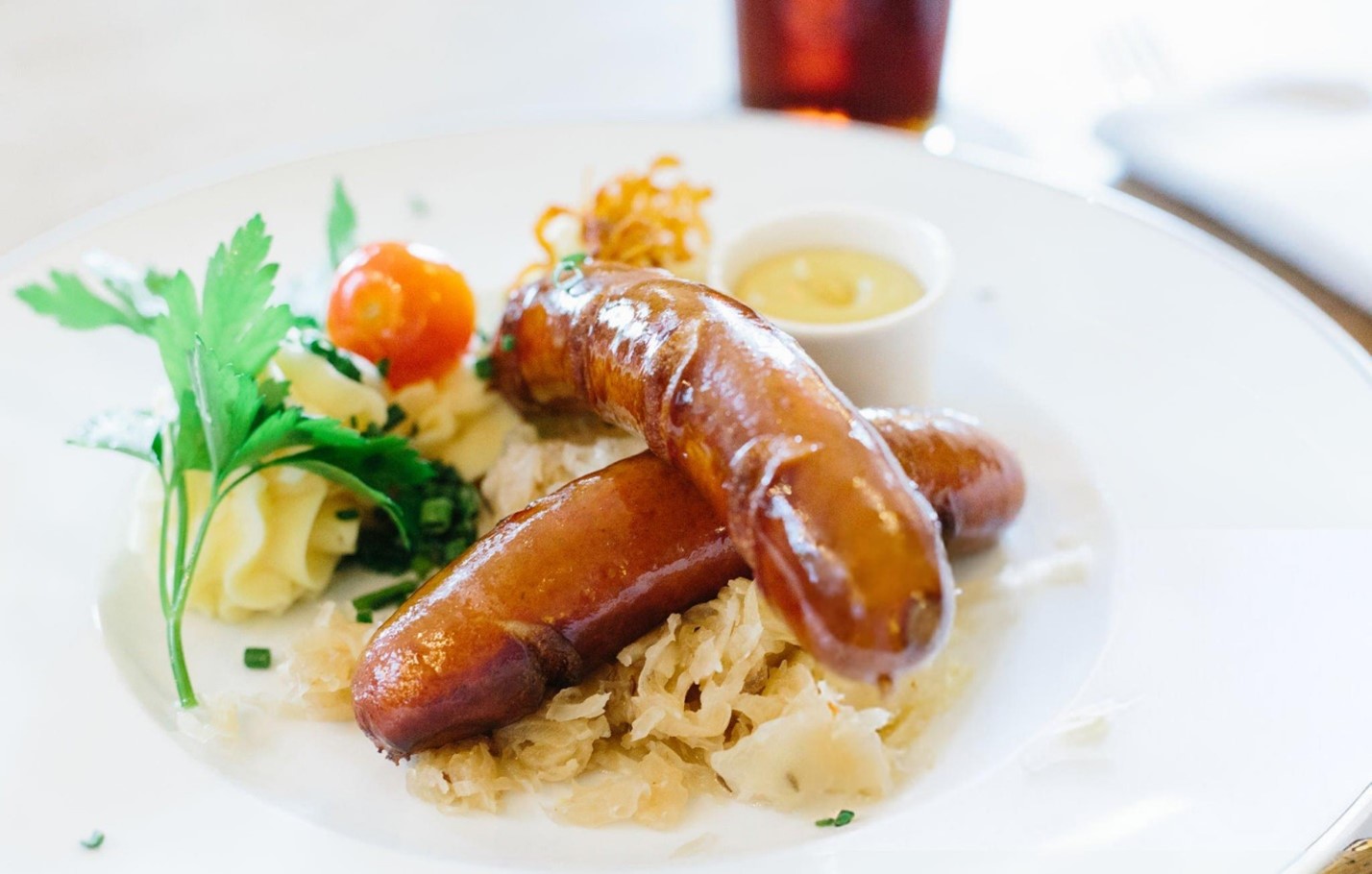British tourists heading abroad for the Easter holidays have been issued a stark warning: don’t bring back your favourite continental treats. A new UK Government ruling has imposed a ban on bringing meat and dairy products into the country from the European Union in a bid to curb the spread of foot-and-mouth disease.
The sweeping restrictions, which came into force on Wednesday, mean holidaymakers returning from countries like France, Germany, Italy and Spain will be prohibited from carrying items such as French brie, Italian prosciutto, Spanish chorizo, or German sausages in their luggage. The rules apply whether these goods were purchased at a duty-free shop or are sealed in commercial packaging.
According to the UK Border Force, any meat or dairy items discovered at ports or airports will be confiscated and destroyed. In more severe cases, travellers could face fines of up to £5,000. The message is clear: think twice before stocking up on continental delicacies for your return journey.
The Department for Environment, Food and Rural Affairs (Defra) said the restrictions are part of new biosecurity measures aimed at protecting British agriculture from the resurgence of foot-and-mouth disease, which has been reported in parts of mainland Europe.
Farming Minister Daniel Zeichner defended the move, saying:
“We are further strengthening protections by introducing restrictions on personal meat and dairy imports to prevent the spread of the disease and protect Britain’s food security.”
Travellers can, however, still carry up to 2kg of powdered infant milk, baby food, or medical nutrition products, provided they are for personal use.
In a post on its official X (formerly Twitter) account, the UK Government urged all travellers:
“If you’re travelling over Easter weekend, check what you can and can’t bring back before you go.”
Foot-and-mouth disease is a highly infectious viral illness affecting cloven-hoofed animals such as cattle, sheep, and pigs. Though it poses no direct threat to humans, the disease has catastrophic consequences for animal health and farming productivity. Symptoms in animals include fever, painful blisters on the mouth and feet, and in many cases, permanent lameness or reduced milk production.
There are currently no active cases in the UK. The last major outbreak occurred in 2001 and led to the culling of over six million animals, costing the economy an estimated £8 billion and causing widespread devastation in rural communities.
Tom Bradshaw, president of the National Farmers Union (NFU), welcomed the Government’s swift action and called for longer-term protections.
“This is a vital step, but we now need a comprehensive cross-government biosecurity plan with the necessary investment behind it. These restrictions should be placed on permanent legislative footing to protect our industry.”
The travel rush over the Easter period is expected to be one of the busiest in recent years. The Port of Dover has announced that it anticipates more than 5,000 vehicles departing via ferry between 6am and 1pm on Good Friday alone. Meanwhile, aviation data from Cirium shows that over 11,000 flights are scheduled to leave UK airports over the weekend.
With the rise in international travel and growing concerns over biosecurity, officials have stressed the importance of vigilance. A Home Office spokesperson said:
“These measures are not designed to inconvenience the public but to protect the UK’s agricultural economy, animal health and food supply.”
As Easter approaches, travellers are being urged to enjoy their holidays — but leave the continental cheeses and sausages behind. The message is clear: protecting British farms and food security must come first.






